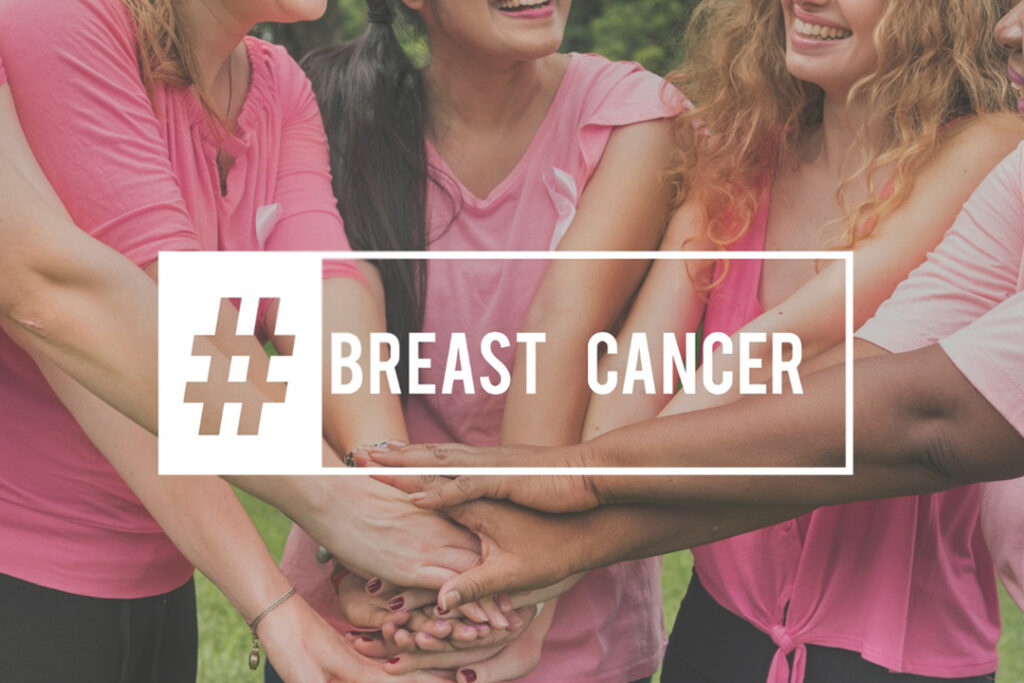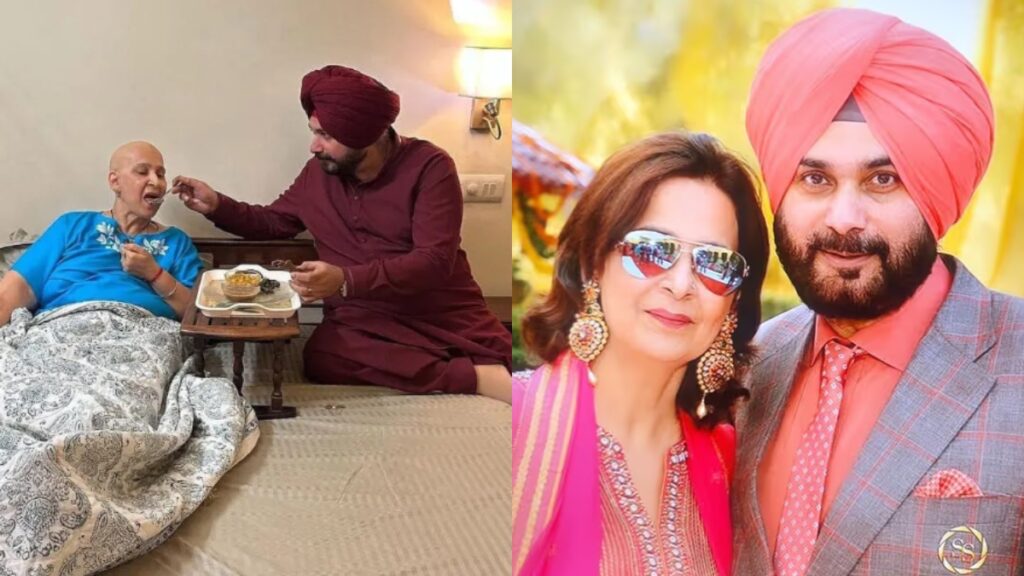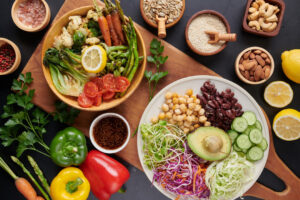
Nutrition During Cancer Treatment: What to Eat and What to Avoid
When you’re going through cancer treatment, food can sometimes feel like the last thing on your mind. Nausea, fatigue, changes in taste—it’s tough! But the truth is, eating the right foods can make a huge difference in how you feel, heal, and recover. Think of food as your best buddy during this time—giving you the energy and nutrients to fight back!
In this blog, we’ll break it down simply: what to eat, what to avoid, and some handy tips to help you eat well without stressing out. Let’s dig in!
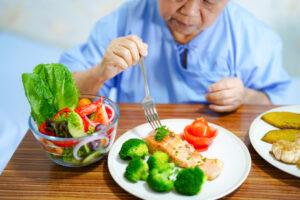
Why Nutrition Matters During Cancer Treatment
Cancer treatments like chemotherapy, radiation, or surgery put your body under a lot of stress. Your immune system is working overtime, and your body is healing from the inside out. Good nutrition:
- Helps you maintain energy levels.
- Keeps your immune system strong.
- Helps you heal and recover faster.
- Manages side effects like nausea, constipation, or loss of appetite.
The right food choices can make a big difference—so here’s your cheat sheet!
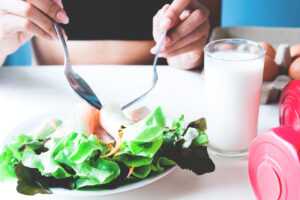
What to Eat During Cancer Treatment
- Protein-Packed Foods: Protein helps your body repair tissues and keeps your strength up. Think of it as your body’s “repair kit.” Try to include a good source of protein with every meal or snack.
- Best options: Dal (lentils), moong dal khichdi, paneer, curd, buttermilk, eggs, chicken, fish, chana (chickpeas), rajma (kidney beans), soy chunks, and dry fruits like almonds and cashews.
- Quick tip: If solid food is tough to eat, try dals or soups blended for a smoother texture.
- Plenty of Fruits and Vegetables: Fruits and veggies are full of vitamins, minerals, and antioxidants that help your body fight inflammation and support recovery.
- Best options: Papaya, guava, pomegranate, banana, apple, spinach, pumpkin, carrots, bottle gourd (lauki), ridge gourd (turai), and beetroots.
- Quick tip: If raw veggies aren’t appealing, try steaming them lightly or making a simple vegetable curry.
- Whole Grains for Energy: Carbs are your body’s main energy source—and whole grains give you long-lasting energy without spiking your blood sugar.
- Best options: Chapati made with whole wheat flour, brown rice, daliya (broken wheat), poha, upma, and oats.
- Quick tip: If you’re struggling with appetite, try small portions of khichdi or curd rice.
- Healthy Fats: Fats help provide energy and support brain health. Healthy fats are especially important if you’re struggling to eat larger portions.
- Best options: Ghee (in moderation), coconut, coconut oil, sesame seeds, flaxseeds, walnuts, and fatty fish like Indian mackerel (bangda).
- Quick tip: Add a teaspoon of ghee or coconut oil to your meals for an easy nutrition boost.
- Stay Hydrated: Cancer treatment can leave you dehydrated, and drinking enough fluids is key to staying energized and keeping side effects like constipation at bay.
- Best options: Nimbupaani (lemon water), coconut water, lassi, chaas (buttermilk), soups, and herbal teas.
- Quick tip: If plain water feels boring, add a slice of lemon or mint leaves.
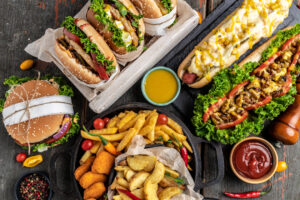
Foods to Avoid During Treatment: A Guide to Eating Right
- Processed and Sugary Foods: While snacks like chips, biscuits, and sweets may seem irresistible, they offer little nutritional value and can leave you feeling drained.These foods often cause energy crashes and promote inflammation, which can hinder recovery.
- Fried and Greasy Foods: Greasy or deep-fried foods can strain your digestive system, especially if you’re dealing with nausea or diarrhea.They can worsen digestive discomfort and side effects.
- Raw or Undercooked Foods: A weakened immune system during treatment makes it crucial to steer clear of foods that could harbor harmful bacteria.Examples:Sushi, raw sprouts, unpasteurized dairy, undercooked eggs, and meats.
- Excessive Caffeine or Alcohol: Overindulging in caffeine or alcohol can dehydrate your body and slow down the healing process.Quick Tip:Opt for soothing alternatives like herbal teas or milk-based drinks, such as turmeric milk (haldidoodh), to stay hydrated and promote recovery.
Tips to Make Eating Easier
- Small, Frequent Meals: If big meals feel overwhelming, eat smaller portions more often throughout the day.
- Smoothies and Soups: They’re easy to sip, gentle on your stomach, and can be packed with nutrition.
- Listen to Your Body: If you’re craving something, find a healthy version of it—your body often knows what it needs.
- Plan Ahead: Prep easy-to-grab snacks like roasted makhana, nuts, or cut-up fruits and veggies.
- Ask for Help: Don’t hesitate to ask family or friends to help with cooking or grocery shopping.
Final Thoughts
Cancer treatment is tough, but good nutrition can help you feel stronger, fight side effects, and recover better. Remember, it’s not about being perfect—it’s about doing the best you can on any given day. If eating feels hard, talk to your doctor or a nutritionist to find options that work for you.
Above all, be kind to yourself. Take it one bite, one meal, and one day at a time. You’ve got this!
Stay strong, stay nourished, and take care. ❤️

